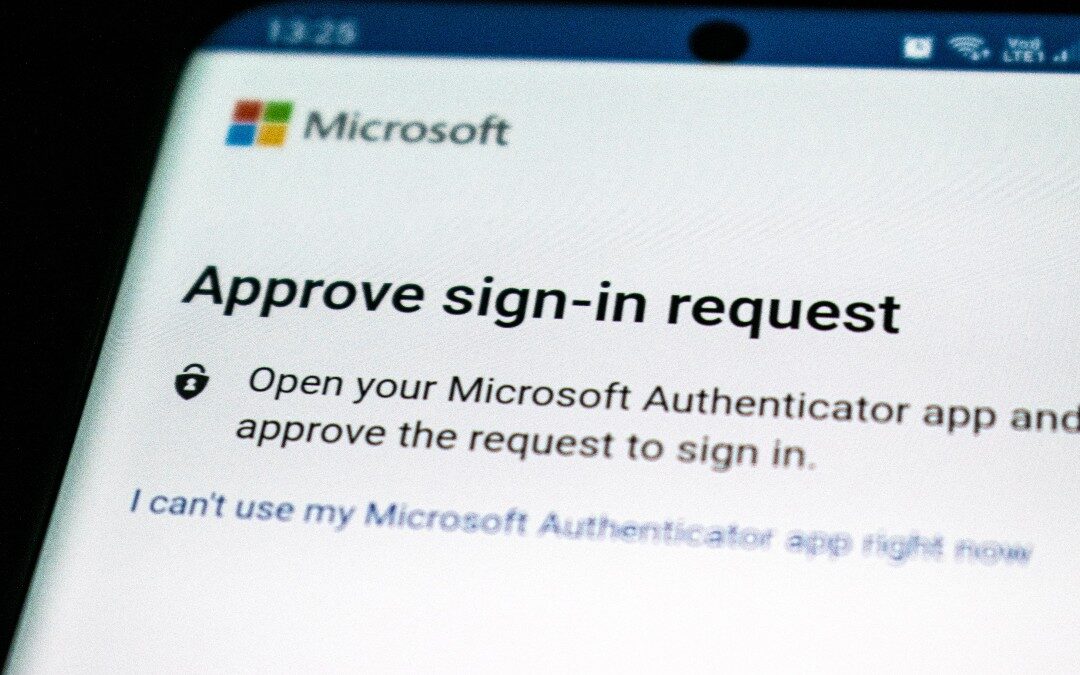Earlier this year I had the opportunity to appear on a local radio show hosted by my friend Joe Vagnone.
Joe and I were talking about the current security environment and the various threats that small business owners need to be aware of (and prepared for!) today.
I shared that one of the main channels that hackers and cyber-criminals are attempting to exploit today is email.
Most of us have seen these attacks – fraudulent emails sent in an attempt to collect your personal information or otherwise penetrate your network. Most of them are pretty easy to detect and most people know to simply delete them.
But Joe’s question to me is really important… “how can I protect myself if I’m dumb enough to click on the link??”
First, let’s be clear: Falling for an email attack doesn’t mean that you’re “dumb.” Cybercriminals are becoming more and more sophisticated and their attacks are getting harder to detect. Any one of us could suffer a momentary lapse in judgment and make the mistake of clicking on the link.
So let’s talk about how to protect yourself if you do make a mistake. (And if you’d like to watch the conversation I had with Joe, just click here.)
There’s a really simple, really effective way to defend yourself, your employees, and your organization from email attacks. It’s called Multi-Factor Authentication, or MFA for short. MFA makes it much harder for the bad guys to get access to your email account (or any other sources of sensitive information) because it requires you to verify your login attempts through a second device, like your mobile phone. So even if an attacker is successful in capturing your email login information, they won’t be able to access your accounts unless they’ve also managed to get access to your mobile phone, which is extremely difficult to do.
Now, MFA isn’t new technology. It’s been around for more than a decade, and at this point, if you haven’t implemented MFA to protect your business, you are way behind the eight-ball. And if you’re working with an IT vendor and they haven’t set up MFA, you need to look for a new IT provider.
Nonetheless, plenty of small business owners haven’t gotten this technology in place yet. And so they are unnecessarily vulnerable to cyberattacks. They’re what’s known as “low-hanging fruit” for the bad guys.
Like I told Joe: If your organization doesn’t have MFA in place, please, friends, fix that oversight today! It’s really, really important.
MFA means that even if you make a “dumb” mistake, you’ve got a robust layer of defense set up to keep the bad guys from gaining access.
If you have questions about MFA, or if you’d like to have a conversation about your business IT strategy, my team and I are here to help.
Please reach out to us via email at info@weareproactive.com or 704-464-3075 extension 3.
Dedicated to IT security and productivity,
– Steve

About Steve Kennen
Steve Kennen is the President of Proactive IT and an expert in information technology infrastructure management, cybersecurity, and cyber risk management practices for businesses. A seasoned entrepreneur and technology veteran with over 25 years of experience, Steve leads the team that keeps our clients secure and their business operations running smoothly.



